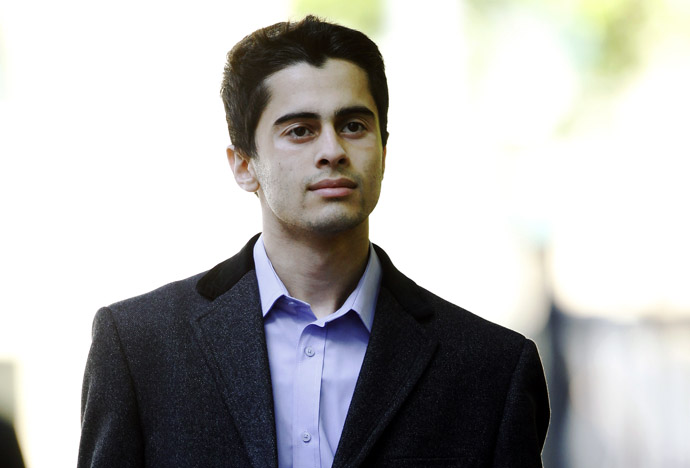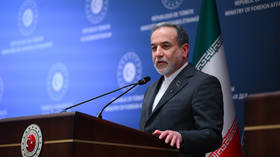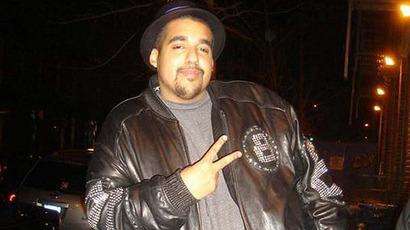LulzSec hackers handed down prison terms, suspended sentence in Britian

British members of the LulzSec hacking collective were sentenced for a series of global cyber-attacks in 2011. Two of the hacktivists have received prison terms, one will be sent to a young offenders’ institution and another received a suspended sentence.
Ryan Ackroyd, Jake Davis, Mustafa Bassam and Ryan Cleary had all pleaded guilty to hacking offenses prior to sentencing at the Southwark Crown Court on Thursday.
Cleary, 21, who also pleaded guilty to possession of images showing child abuse, was sentenced to 32 months, of which he will serve half. He also pleaded guilty to hacking and multiple counts of launching cyber-attacks against organizations, including the CIA and the UK’s Serious Organized Crime Agency (SOCA), as well as hacking into US Air Force computers at the Pentagon.
Ackroyd, 26, who used the online persona of a 16-year-old girl named Kayla, was sentenced to a 30 month sentence of which he is expected to serve 15 months. The former soldier pleaded guilty to one charge of conducting an unauthorized act to hinder the operation of a computer, contrary to the Criminal Law Act 1977.
Davis, 20, was sentenced to two years in a young offenders’ institute for hacking and cyber-attack related offenses. He was also reportedly in charge of media relations for LulzSec.
Bassam, 18, was still in school when the attacks were carried out and was handed down a 20 month sentence which was suspended for two years, as well as 300 hours of community service. The judge presiding over the case is said to have taken Bassam's age into consideration when deciding to give him a suspended sentence.
Lulzsec, whose name is a combination of the acronym Lol - laugh out loud - and security, emerged as a splinter group from the hacking collective Anonymous two years ago. However, unlike Anonymous, the group appeared to be less motivated by politics.

In many of the attacks, the gang of "modern day pirates" stole
troves of personal information, including passwords, emails and
credit card details, which they later posted on the LulzSec
website and file-sharing sites. They also carried out distributed
denial of service (DDoS) attacks on many victims' websites,
causing them to crash.The FBI, News International, Nintendo and
Sony were among many of the other high-profile targets the group
targeted in their spree.
"It's clear from the evidence that they intended to achieve extensive national and international notoriety and publicity," the UK Independent cites Prosecutor Sandip Patel as saying on Wednesday. "They saw themselves as latter-day pirates."
He added: "This is not about young immature men messing about. They are at the cutting edge of a contemporary and emerging species of criminal offender known as a cyber-criminal."
LulzSec was only in operation for several months in 2011 before the main members were arrested between June and September of 2011, the court heard. In that brief period of time, they managed to attract a huge international audience, attracting 355,000 Twitter followers by July of that year.
Their arrests came after the group's apparent leader, Hector Monsegur – known online as "Sabu" – turned informant after being caught by the FBI.














